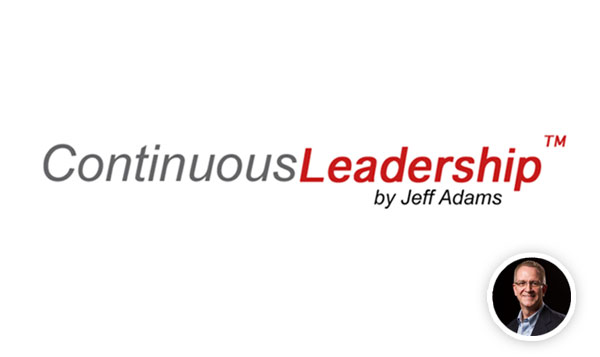I can’t count how many times over the years I’ve heard people say, “Government is so wasteful and isn’t customer friendly. It needs to be run like a business.” In fact, I used to be one of those people. Sometimes people forget that as great as the U.S. military is, it is still a branch of the Federal government, and thus often behaves in very inefficient ways like the rest of government. After spending a number of years as an officer in the U.S.A.F., I was ready to leave for the civilian world where, so I thought, people actually cared about doing things efficiently, fought wasteful bureaucracies, and were actually concerned with their customers, since that’s the lifeblood of their business. I wanted away from what I perceived to be a large, heartless machine that simply chewed people up and spit them out, never being concerned with the responsibility of their stewardship of billions of dollars they were in control of. Surely a publically traded company had the right mindset when it came to these things. How naïve I was.
Based on a lifetime of observations and experiences, I’ll state my position in what I’ve dubbed “The Adams Corollary” (if only because I like the sound of it). It goes like this: “The larger the organization, the more its performance resembles government.” In other words, small companies typically tend to be more nimble and proactive, while large corporations resemble the plodding, wasteful, reactive business style of governments. People often say that trying to change things in a large company is like turning an ocean liner in the sea; painfully slow.
It takes forward thinking, innovative leadership to get large companies to act like those smaller, more nimble companies. Engaged leadership that promotes a vision, sets the example and actually turns their people loose to make good things happen is what’s needed. This engaged leadership should be aggressive in the pursuit of operational excellence via developing its people, letting them experiment with new ways of achieving the company’s strategic goals, and an important point here, people should be allowed to fail when they experiment, without fear of negative repercussions. Too often I’ve seen people in a large organization mindlessly doing things inefficiently, knowing things are a mess, but they do so because to speak up or to try to change things only brings condemnation and punishment down on them from above.
Are you part of a smaller company, or perhaps even building a company of your own? Recall the excitement of trying new things, quickly being able to reorganize or redirect behaviors and functions because everyone knows each other and understands the common mission? As your organization grows, be wary of the “need” for excessive regulations to “control” performance. If you go public with your company, understand that the demands of shareholders will start to drive behaviors that focus on the quarterly return instead of the long-term good of the organization. If you are not careful, as you grow, you could find yourself acting like those big companies you currently run circles around.
This reminds me of the end of the story in the book “Animal Farm.” The scene where the animals are all looking in the window of the house, where the pigs, and farmers from adjacent farms, are sitting around talking, and the animals at the window can’t tell the difference between the pigs and the farmers. As you grow, your size can slow you down, if you aren’t careful. Focus on those skills and the culture that helped you in the beginning, and develop your next generation of leaders to share that culture. Otherwise you could end up looking like, and acting like government; a pig of an organization.
Jeff Adams is the author of “7 Essential Skills of Leadership, How to Lead Your Organization to Operational Excellence.” Jeff holds multiple certifications in continuous improvement methodologies, including Lean, Six Sigma, and QRM. More information about Jeff and services offered can be found at www.continuousleadership.com.

